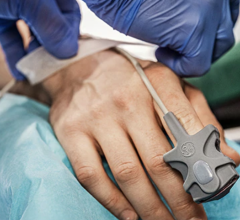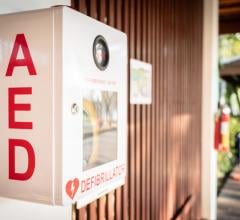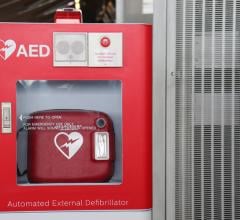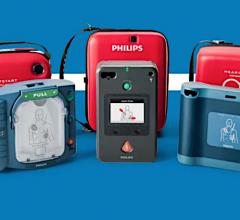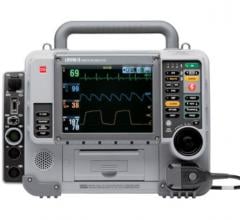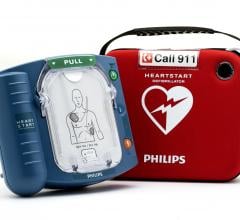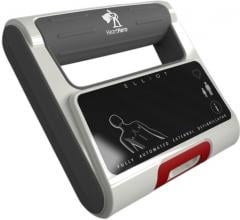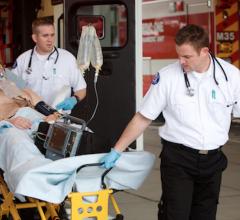The FDA notified healthcare professionals this week that it is investigating energy levels in external biphasic defibrillators with shocks less than or equal to 200 Joules (J), because of reports they were ineffective.
The FDA said it received 14 event reports since 2006 in which a 200 J biphasic defibrillator was ineffective in providing defibrillation/cardioversion therapy to a patient, whereas a subsequent shock from a different 360 J biphasic defibrillator resulted in immediate defibrillation/cardioversion. The majority of events occurred during attempts at cardioversion of atrial fibrillation, but there was at least one instance with defibrillation of a ventricular arrhythmia as well.
FDA officials said analysis of the 14 cases does not suggest the need for any change to current clinical practice, and as FDA continues its evaluation of this situation, providers are encouraged to follow the American Heart Association’s (AHA) guidelines/algorithms for treatment of cardiac arrhythmias, and to follow manufacturers’ instructions for using defibrillators.
The FDA is seeking additional information in order to interpret the significance of these events, and to determine whether FDA activities are advised. If you suspect a problem with a defibrillator, such as a situation where a patient received shocks from multiple devices, the problem should be reported to the FDA's MedWatch Safety Information and Adverse Event Reporting Program online at www.fda.gov/MedWatch/report.htm, by phone (800) 332-1088, or by returning the postage-paid FDA form 3500 (which may be downloaded from the MedWatch "Download Forms" page) by mail, or fax (800) FDA-0178.
For more information: www.fda.gov/MedicalDevices/Safety/AlertsandNotices/ucm189259.htm

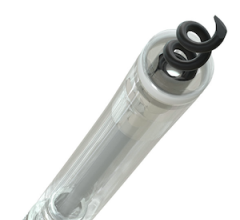
 January 13, 2026
January 13, 2026 
